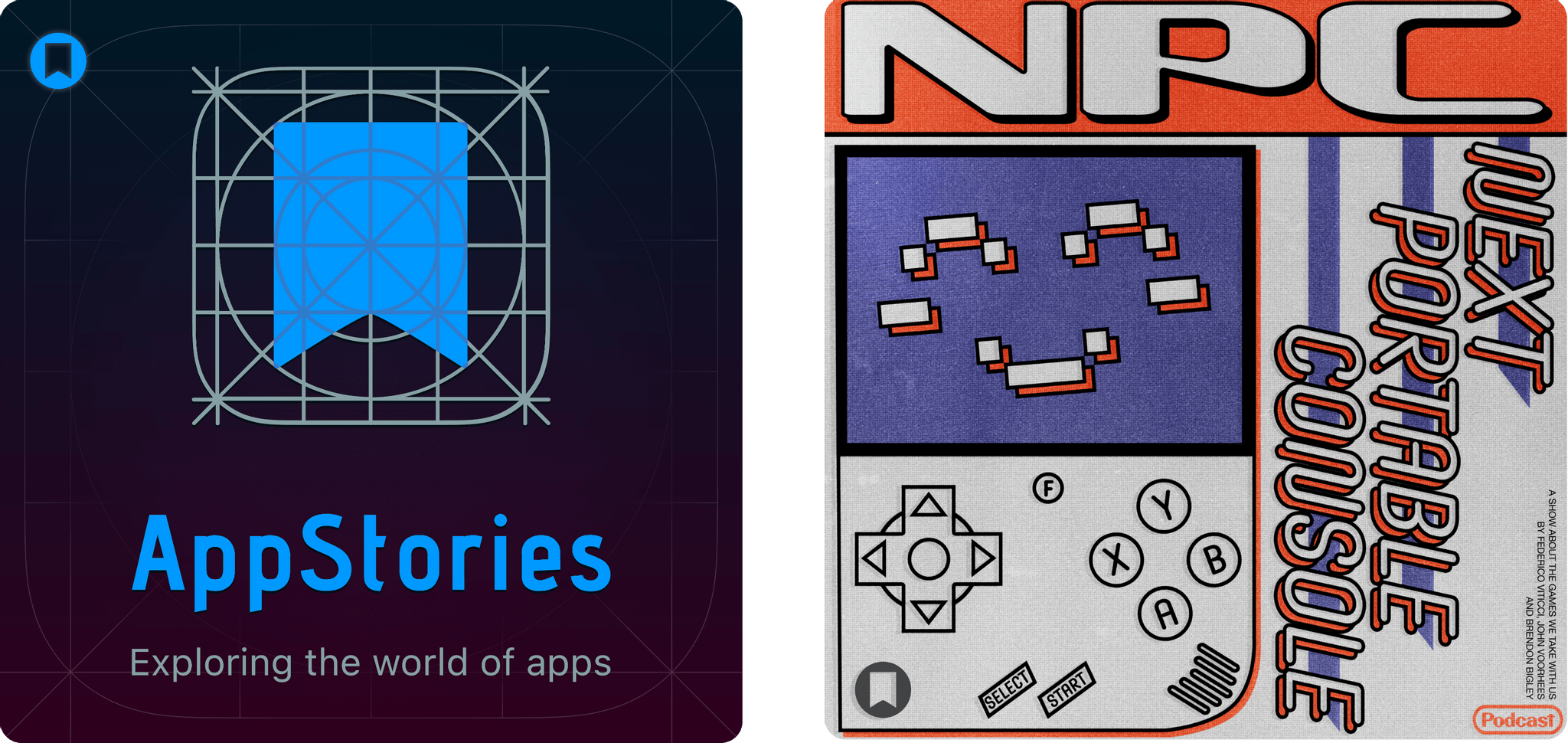MacStories readers love to automate their iPhones, which is what makes the BANG!CASE the perfect choice whether you’re using an iPhone 14, 15, or 16 Pro or Pro Max. The BANG!CASE’s retro-futuristic design combines cool aesthetics with its integrated motherboard and independent power supply, which deliver unrivaled power via the BANG!Button and support for the iPhone 16’s Camera Control.
The customizable BANG!Button lets you program thousands of actions with a single press, double-press, or press-and-hold. It’s like having three buttons in one for everything from taking photos to recording voice memos to launching apps, all while protecting your iPhone in a stylish case that includes support for MagSafe wireless charging.
Meanwhile, the GAMEBABY case delivers fun retro vibes reminiscent of 90s game consoles. The case includes a detachable lower half with touch capacitive buttons. By flipping the removable bottom half of the case and covering the front of your iPhone, your phone is transformed into a retro gaming handheld compatible with apps like Delta.
The BANG!CASE is available to order now from Bitmo Lab for $49.99, and, while supplies last, a limited supply of the GAMEBABY case is available for an introductory price of just $24.99. Learn more on Bitmo Lab’s YouTube channel and order the two most innovative iPhone cases available today.
Our thanks to Bitmo Lab for sponsoring MacStories this week.













